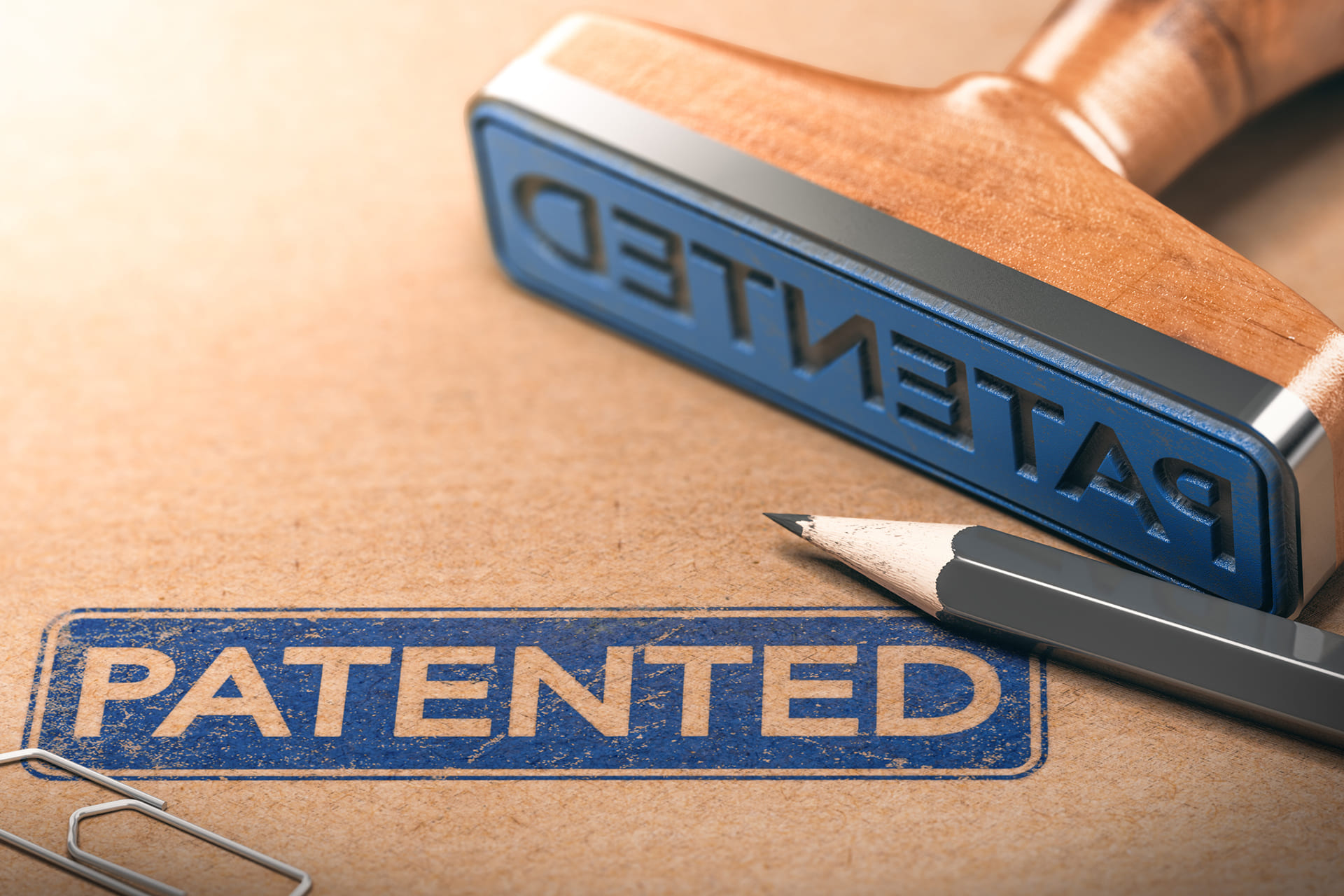The scope of “state sovereign immunity” protections against patent challenges was recently limited in a decision by the U.S. Court of Appeals for the Federal Circuit, which affirmed the invalidation of a patent obtained by the University of Florida Research Foundation, Inc. (UFRF).
The UFRF filed a patent infringement lawsuit in mid-2017 in the U.S. District Court for the Northern District of Florida against General Electric’s medical divisions. GE was successful, however, on an early motion to dismiss the lawsuit, alleging invalidity of the patent-in-suit based on a lack of patentable subject matter under 35 U.S.C. § 101. On appeal, the Federal Circuit affirmed the invalidation of the patent over the objections of the UFRF that the patent was immune from this attack based on its “sovereign immunity” in Univ. of Fla. Research Found., Inc. v. Gen. Elec. Co., Case No. 2018-1284 (Fed. Cir. Feb. 26, 2019).
The Federal Circuit did not deny that the UFRF was entitled to sovereign immunity protections, but rather that the UFRF had waived its immunity as to “any relevant defenses” to its claims of patent infringement by voluntarily filing the federal civil lawsuit against GE. The holding turned on whether filing a motion to dismiss asserting invalidity for lack of patentable subject matter under § 101 qualified as a “defense” to the claim of patent infringement. The Federal Circuit found that it did and went on to find the patent invalid under § 101 as “a quintessential ‘do it on a computer’ patent.”
Notably, the UFRF had previously defeated several “unconsented” inter partes review (IPR) challenges to the patent by asserting immunity under the Eleventh Amendment, including Covidien LP v. University of Florida Res. Found. Inc., IPR2016-01274 (PTAB Jan. 25, 2017). The board in that case found the immunity applied to IPR proceedings due to the similarities with civil litigation, citing related U.S. Supreme Court and Federal Circuit precedent on the immunity’s application in similar administrative proceedings.
Later, another panel of the Patent Trial and Appeal Board (PTAB) found that the filing of a civil lawsuit was also a waiver of the immunity against patent challenges by IPR in Ericsson Inc. v. Regents of the University of Minnesota, IPR2017-01186, (PTAB Dec. 19, 2017). That panel agreed with the panel in Covidien regarding immunity applying to IPR proceedings, but found that the patent owner had waived the immunity by filing a civil lawsuit against the petitioner. As a result, the Ericsson panel held that “allowing Patent Owner to assert its Eleventh Amendment immunity in this proceeding selectively so as to bar Petitioner from obtaining the benefits of an inter partes review of the asserted patent would result in substantial unfairness and inconsistency.” The decision is currently on appeal in Regents of the Univ. of Minn. v. LSI Corporation, Case No. 2018-1559 (Fed. Cir.).
Interestingly, the IPR proceedings against the UFRF’s patent were also filed after litigation was initiated by the UFRF, though in a slightly different context. The UFRF had filed a state action asserting breach of a patent licensing agreement against Covidien LP, and the case was removed to the District Court for the Northern District of Florida following a counterclaim that the products being sold were not covered by the patent. The PTAB panel did not address the issue of waiver, specifically noting that “there is no related federal district court patent infringement (or declaratory judgment of validity) case brought by Patent Owner.” (emphasis added).
Similar questions surrounding the “inherent sovereign immunity” of Native American tribes have also been a hot topic recently. In the case of Saint Regis Mohawk Tribe v. Mylan Pharm. Inc., 896 F.3d 1322 (Fed. Cir. 2018), Allergan sued Mylan and others alleging infringement of several patents covering Allergan’s Restasis product . Mylan petitioned for IPR of the Restasis patents, and then Allergan transferred title of the Restasis patents to the Saint Regis Mohawk Tribe, which asserted sovereign immunity. The PTAB, with the precedent on state sovereign immunity related to IPRs in mind, denied the tribe’s attempt to dismiss the IPR proceedings in Mylan Pharm., Inc. v. Saint Regis Mohawk Tribe, IPR2016-01127 (PTAB Feb. 23, 2018).
The Federal Circuit later affirmed that decision, holding that “tribal sovereign immunity cannot be asserted in IPR.” The court cited the limited nature of the tribe’s immunity and equated the IPR process to a “[federal] agency enforcement action … because a politically accountable, federal official [(the Director)] has authorized the institution of that proceeding.” The Federal Circuit later denied en banc review, and Allergan and the Saint Regis Mohawk Tribe have filed a request for hearing before the U.S. Supreme Court, Case. No. 18-899.
For more information, contact the Barnes & Thornburg attorney with whom you work or Kyle Forgue at 312-214-4841 or kforgue@btlaw.com, Mark Hagedorn at mhagedorn@btlaw.com or 312-214-4808 or a member of the firm’s Intellectual Property Law Department in the following offices: Atlanta (404-846-1693), Chicago (312-357-1313), Columbus (614-628-0096), Dallas (214-258-4200), Delaware (302-300-3434), Elkhart (574-293-0681), Fort Wayne (260-423-9440), Grand Rapids (616-742-3930), Indianapolis (317-236-1313), Los Angeles (310-284-3880), Minneapolis (612-333-2111), San Diego (619-321-5000), South Bend (574-233-1171), and Washington, D.C. (202-289-1313).
© 2019 Barnes & Thornburg LLP. All Rights Reserved. This page, and all information on it, is proprietary and the property of Barnes & Thornburg LLP. It may not be reproduced, in any form, without the express written consent of Barnes & Thornburg LLP.
This Barnes & Thornburg LLP publication should not be construed as legal advice or legal opinion on any specific facts or circumstances. The contents are intended for general informational purposes only, and you are urged to consult your own lawyer on any specific legal questions you may have concerning your situation.















